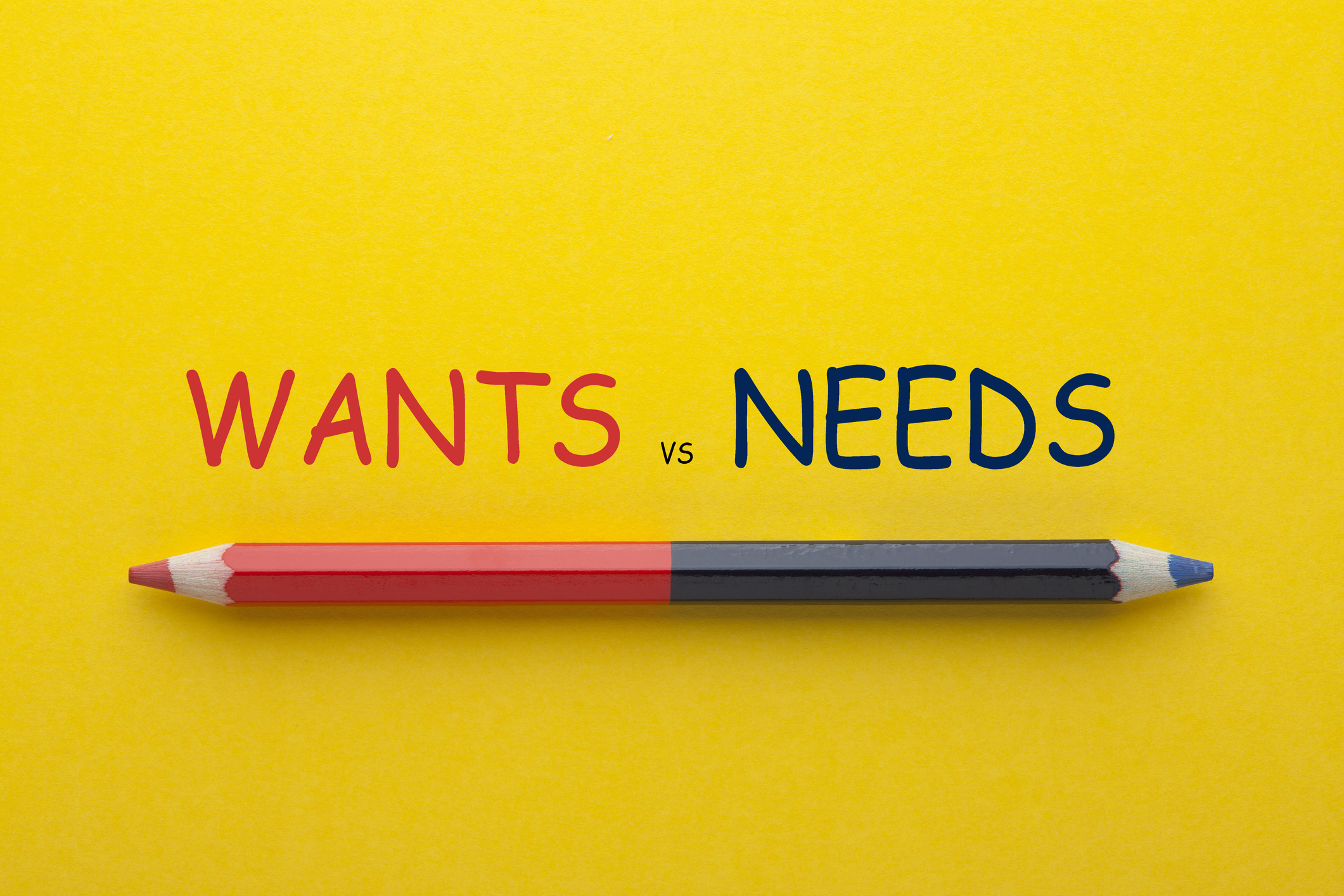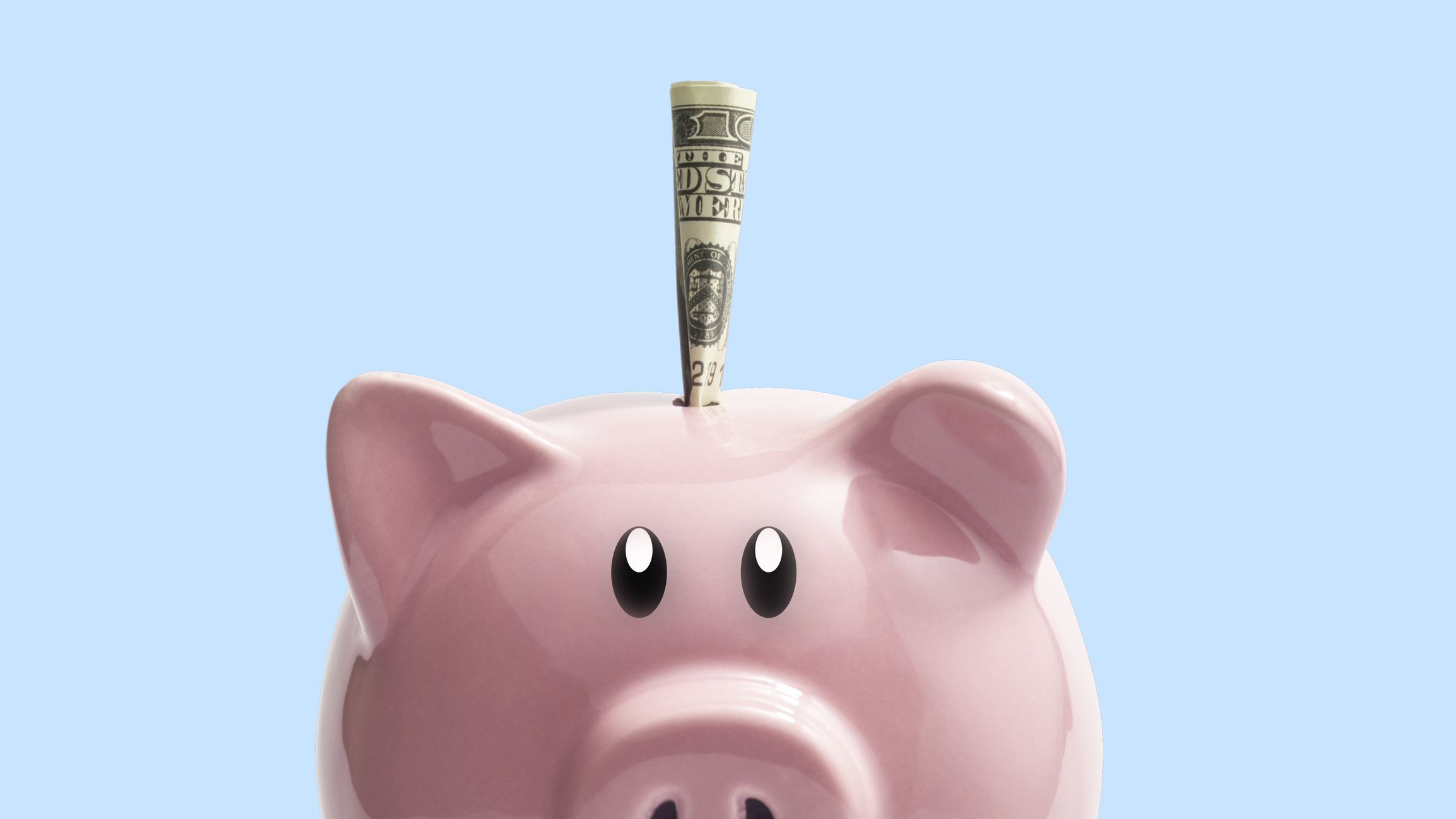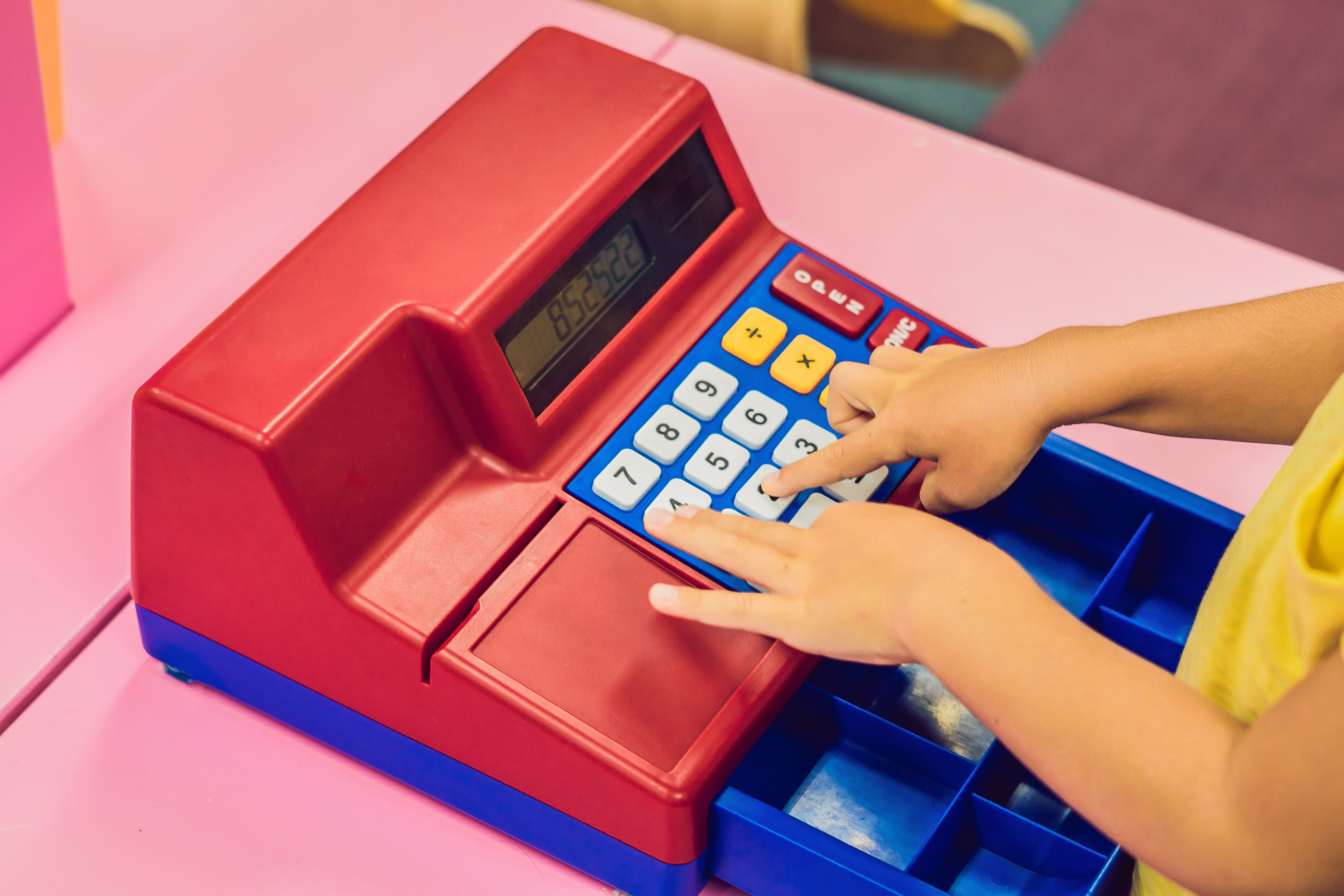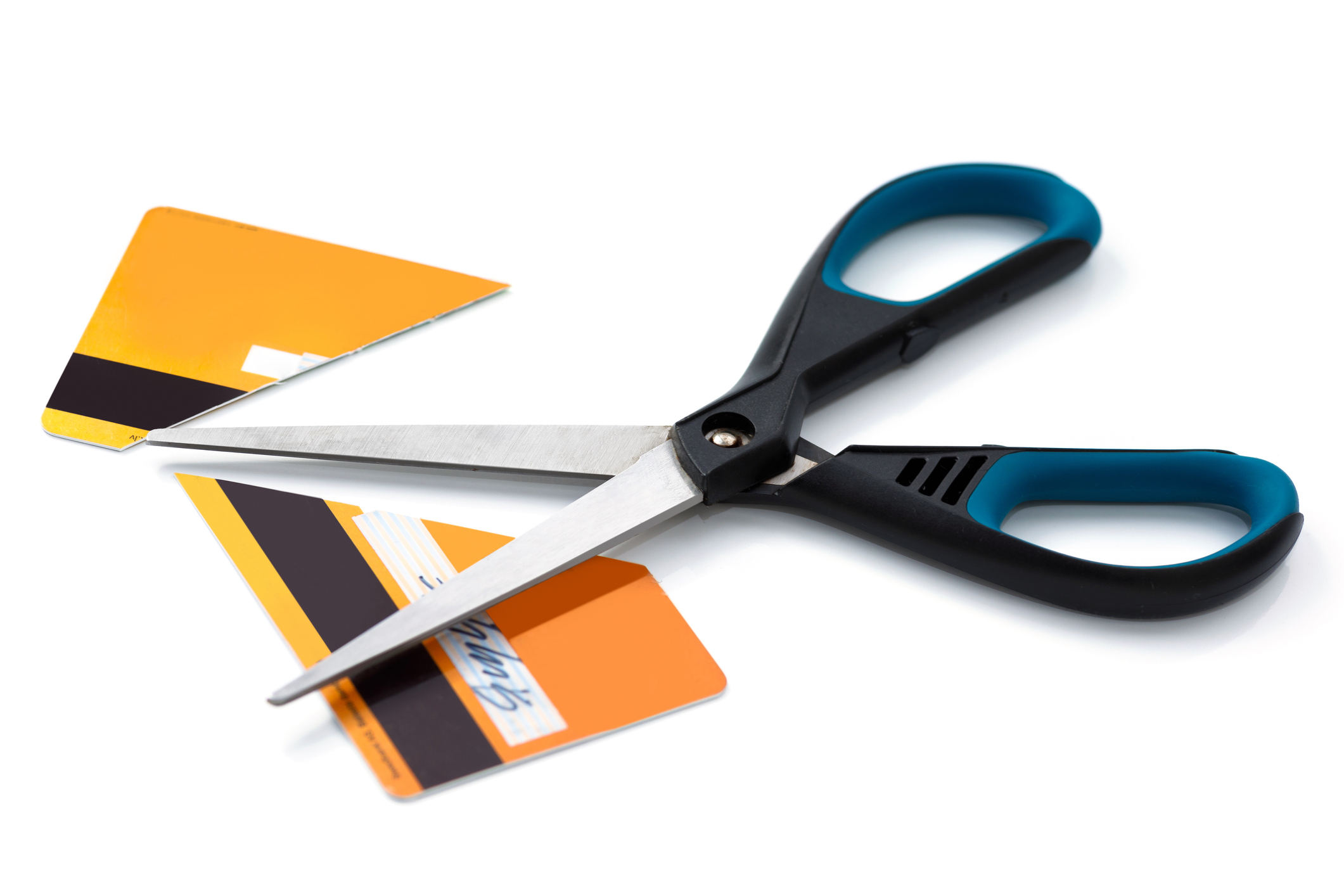
My financial education as a child was negligible, and it has had lifelong consequences that I frankly don't want my children to experience. We didn't talk about money except when there wasn't enough of it, which made it a very tense and emotional topic and certainly not something I ever wanted to bring up. It's not surprising that when I was at the age that I had to deal with my own financial stability, everything was new to me, and I made many mistakes. Things like budgeting, saving, and investing were foreign concepts and not something I felt comfortable speaking about or asking for help with, so I didn't. Now that I'm a parent, I want to empower my children to learn about money and how to properly handle their finances without it being a tense or emotional topic.
More from MamásLatinas: How to plan a beautiful quinceañera party on a budget
But how do I teach my children how to save money in an age-appropriate way, when I never learned how to do it when I was their age? Ahh, the internet! The internet provides a wealth of expert opinions on how to teach your kids to save money from an early age, and I've taken the liberty of gathering some of my favorites to share with you. Why? Because I know I'm not the only parent who wants to set their kids up to have a healthy relationship with money for their entire lives. So let's do this, shall we?!
Speak freely about money in front of them and with them.

"Many of us feel some shame, guilt, and fear around money because our parents whispered about it behind closed doors," writes financial planner Pamela Capalad. "When we talk about money in front of our child, and all the emotions that come with it, he knows there is nothing to be ashamed of." How great is it that her child, who is still very young, doesn't have those kinds of feelings and isn't really in danger of developing them?
Don't stop talking about money.

It's not like there is a "money talk" that you can have with your kids that will cover everything they ever need to know about money. Instead, talk about money whenever the opportunity arises or a teachable moment presents itself.
Start teaching them about money at an early age.

Experts agree that teaching kids about money at an early age is the way to go. "Like physical exercise, financial exercise can become a habit that changes their life forever. Don't wait. Start today. Your kids will thank you when they get older," says Lamar Brabham, CEO of Noel Taylor Agency, a financial services firm in South Carolina.
Teach kids the difference between needs and wants.

This seems basic, right? But it's not basic when you're a child. Talk to your kids about the difference between needs and wants. Tell them that things like food, shelter, clothing, and education are needs—things you need. Then help them understand that wants are things that you can do without. You aren't teaching them this so that they will focus on spending only on needs, though. It's to help them understand that the needs have to be covered before the wants can be considered.
Give them a place to keep their savings.

If you want your kids to save money, they are going to need somewhere to stash that money. It can be a piggy bank, or you can set them up with a bank account. Either way, you can have them keep track of how much money they are saving and how much they are spending to teach them to keep an eye on their finances.
Get them excited about saving.

If you tell a child to save money without giving them a reason why they should, what's the point? But if they have a reason to save, they will be more motivated to do so and get excited about reaching a particular savings goal. For example, if they want to buy a toy, encourage them to save for it. You can also help them do the math for how long it will take them to save for something using their allowance or money they earn.
Explain your money choices to your children.

"Most Americans have a choice on how to spend their money," says Mitchell Kraus, founder of Capital Intelligence Associates in Santa Monica, California. "Some choose nicer cars and houses. Some choose experiences. Going over the choices with your children helps them understand your values and that life is full of choices." You can do this in any number of ways. When you buy things at the grocery store, you can talk to your kids about why you choose a certain product over another and how things like price, value, and quality influence your decision on what to spend your money on.
Give them opportunities to earn money.

Some parents give allowances based on chores. I personally don't do that because I want my kids to understand that it is their responsibility to contribute to the maintenance of their home. But I do give them a chance to make some extra money for doing "jobs" that are not a part of their chores.
Give them ideas on how they can earn money.

Maybe you're not in the position to pay your kids for doing extra jobs, or they are trying to make even more money than what you can provide. Encourage them to earn money outside of the home by offering their services to neighbors or family members. You can help them set prices for things like yard work for neighbors, babysitting, washing cars, bake sales, and so forth.
Teach them to use debit cards.

My children are 11 and 14 years old, and they have debit cards. Each one of them has their own account attached to the card, and the money in the account is theirs. It's either been earned by them or gifted to them. They can spend that money on whatever they want, but once it's gone, it's gone, and it's up to them to replenish the funds.
Advise them not to start using credit cards until they are at least 25 years old.

Why wait until they are 25 years old to use a credit card when credit card companies are willing to give them one sooner? Because their brains cannot handle the responsibility yet. "The frontal lobe, which allows people to connect current actions with long-term consequences, does not fully develop until the mid-20s," explains Craig Everett, a professor of finance at Pepperdine Graziadio Business School. "Credit cards allow current spending that may have significant negative future impacts, so incomplete brain development can have disastrous financial consequences for these people who are just starting their adult life."




